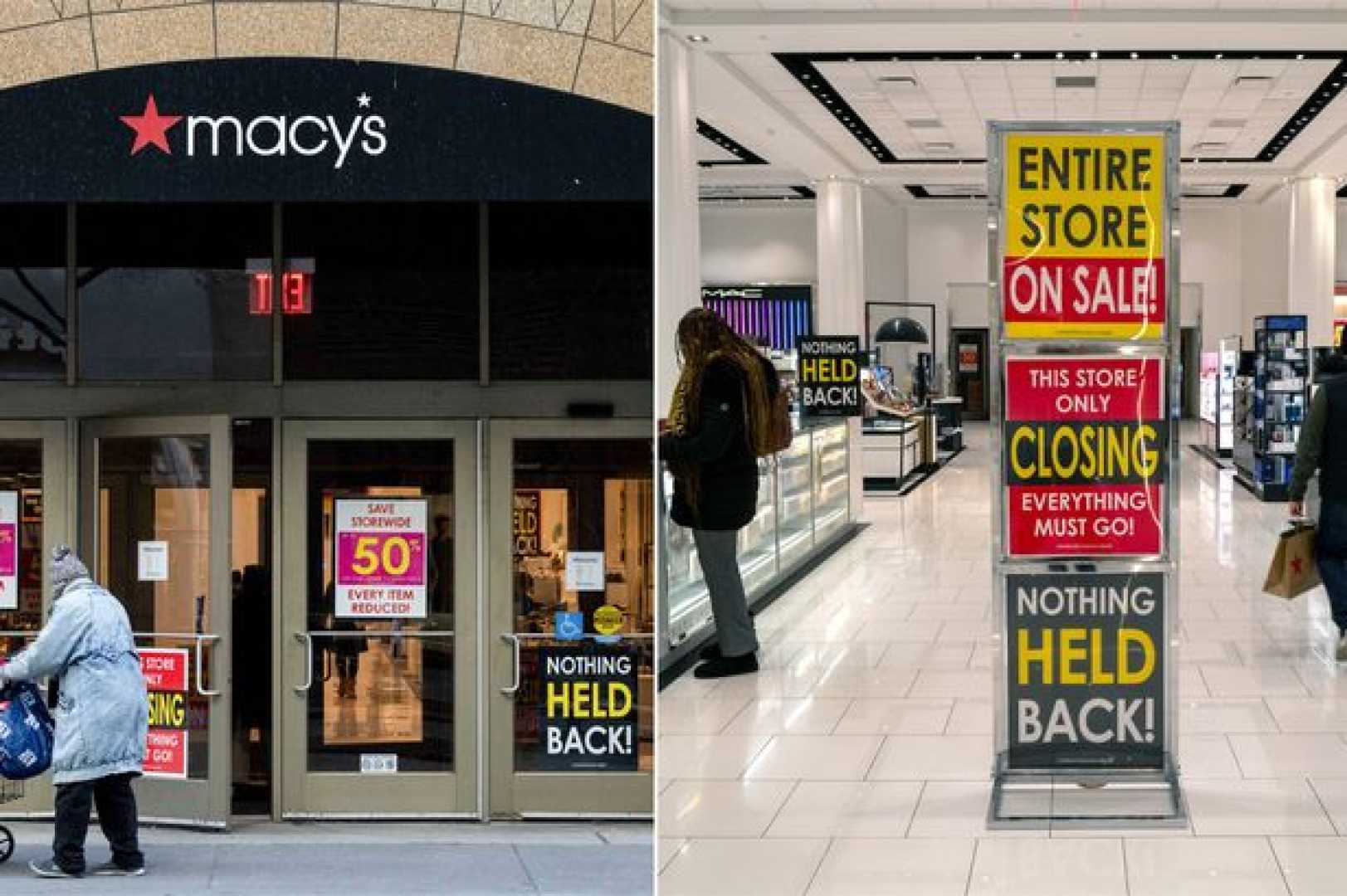Business
Brooklyn’s Historic Macy’s Closes After 160 Years in Business

BROOKLYN, N.Y. — The iconic Macy's store on Fulton Street closed its doors for the final time today, marking the end of an era for a location that has served the community for 160 years.
Originally established as the Abraham and Straus department store in 1865, the historic building transitioned to a Macy’s in 1995. The closure is part of a broader strategy by the retailer to eliminate underperforming stores nationwide, as it focuses on more profitable locations.
“Closing any store is never easy, but as part of our Bold New Chapter strategy, we are closing underproductive Macy’s stores to focus our resources on investments in stores that will help us grow,” said Tony Spring, Macy’s chairman and CEO.
Local resident Vince Ross expressed disbelief over the closure, recalling fond memories of shopping at the site during its A&S days. “I can’t believe this place is going away,” he told the BKReader.
The filled shopping space of 440,000 square feet had become a landmark in downtown Brooklyn, known for its innovative live mannequin performances in the 1970s, which drew crowds and often brought traffic to a standstill.
Community members have shared their nostalgia with quotes reflecting on the store’s impact on their lives. “It’s just sad to see something that you grew up with being taken away,” shared Monica Ortega on New 12, lamenting the job losses that accompanied the shutdown.
With the rise of online shopping, Macy’s has struggled to maintain foot traffic in its stores. The Fulton Street location is one of several closures planned for Macy’s across New York, including stores in Fordham Place, Queens Place, and Sheepshead Bay.
Despite the closure, plans for the historic building are in motion. In December, ownership was transferred to a group of investors who have proposed transforming the site into a center for immersive shopping experiences, potentially featuring attractions like Legoland.
As the community remembers the iconic storefront, other neighborhoods face similar experiences, most notably Philadelphia’s Wanamaker Building, which is also closing soon. This has sparked discussions about the future of such historic sites amid the evolving retail landscape.












